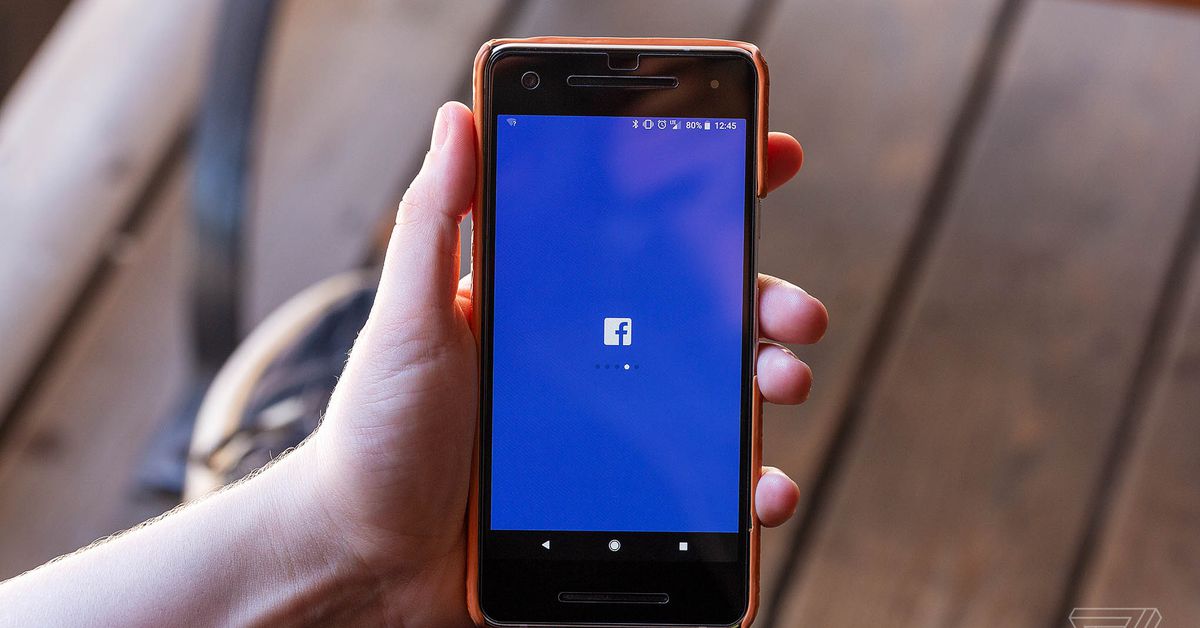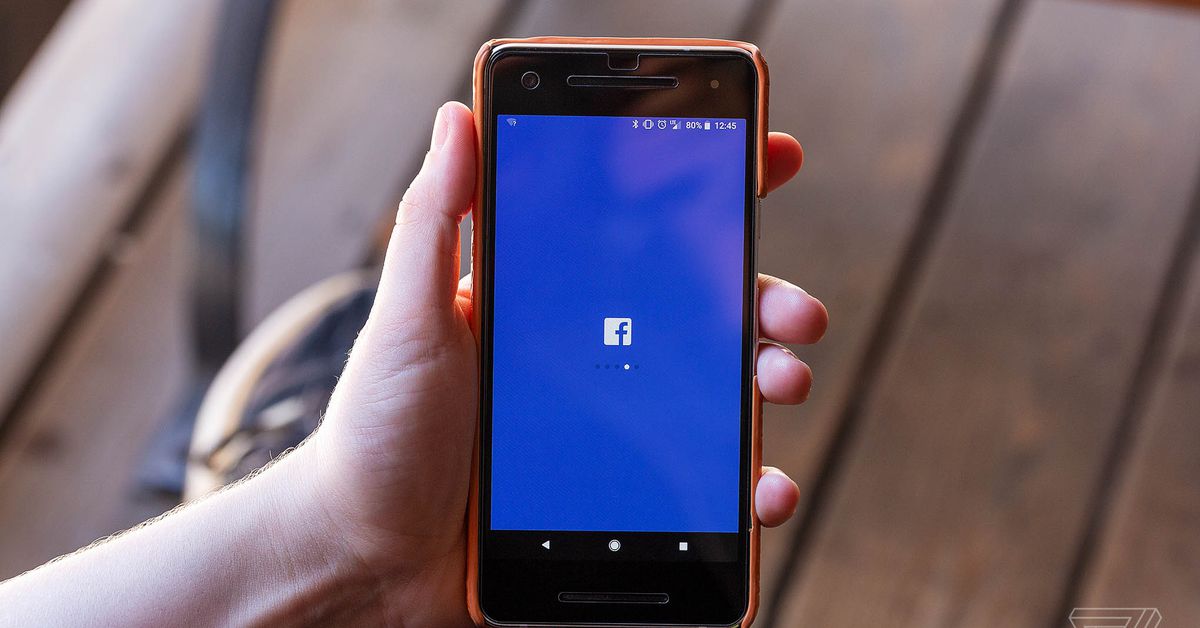
A cross-platform counterterrorism program will start targeting white supremacist and far-right militia material, flagging content for moderation on Facebook, Twitter, Dropbox, and several other services. Reuters reported the news this morning in an interview with Nicholas Rasmussen, executive director of the Global Internet Forum to Counter Terrorism (GIFCT).
GIFCT — launched in 2017 by Facebook, Microsoft, Twitter, and YouTube — maintains a database of terrorist content that helps member companies find it for review or removal. That database initially included material from a United Nations-designated list of sanctioned groups, which meant it focused heavily on Islamist extremist organizations like the Taliban and Islamic State, with exceptions around specific far-right incidents like the 2019 Christchurch, New Zealand shooting.
As Reuters outlines, GIFCT is expanding the list to include material identified by the UN Tech Against Terrorism initiative and the Five Eyes international intelligence partnership. That means adding content from groups like neo-Nazi organizations, the Three Percenters militia, and the Proud Boys, which was designated a terrorist entity by Canada in May.
GIFCT’s database helps Twitter, Facebook, LinkedIn, and other platforms flag content
The initial GIFCT database included hashed identifiers for images and video, and a spokesperson tells The Verge that GIFCT will add three categories of content over the coming months: PDFs of terrorist or violent extremist attackers, terrorist publications that use specific branding and logos, and URLs that are often shared on social networks. Platforms that can access the database — like Reddit, Snapchat, Microsoft’s LinkedIn, Facebook, Instagram, Twitter, and Dropbox — will use the database to make moderation decisions according to their own policies.
Protocol offers more detail on what’s being added, describing the expansion as “modest.” In an interview, GIFCT director of programming Erin Saltman says the group is attempting to avoid “scope creep” and will not include all content from loosely organized groups like the Boogaloo movement or QAnon — although if a member commits a violent extremist attack, material like a killer’s manifesto might be banned. “There’s a lot of concern of over-censorship, especially when there are such close ties to politics,” says Saltman.
“There’s a lot of concern of over-censorship”
GIFCT is expanding its list as national governments are taking a closer look at far-right terrorism. The US does not designate domestic terror groups the way it does foreign organizations, but President Joe Biden’s administration has pushed for a crackdown on homegrown extremism, particularly after alleged Three Percenters and Proud Boys members were charged with participating in the January 6th riot at the US capitol.
Saltman notes that companies are wary of GIFCT going beyond existing lists of terrorist groups out of fear it could undermine the credibility of the list. “Even at the UN level, you could not have an agreed-upon definition of terrorism, although they do still have frameworks and designation lists. We’re seeing companies being held to the same standard or above, being asked to go above and beyond what governments are able to do, which makes companies a little wary to be that powerful gatekeeper,” she says. Rasmussen also expressed wariness of over-moderation, saying that “over-achievement in this takes you in the direction of violating someone’s rights on the internet to engage in free expression.”
